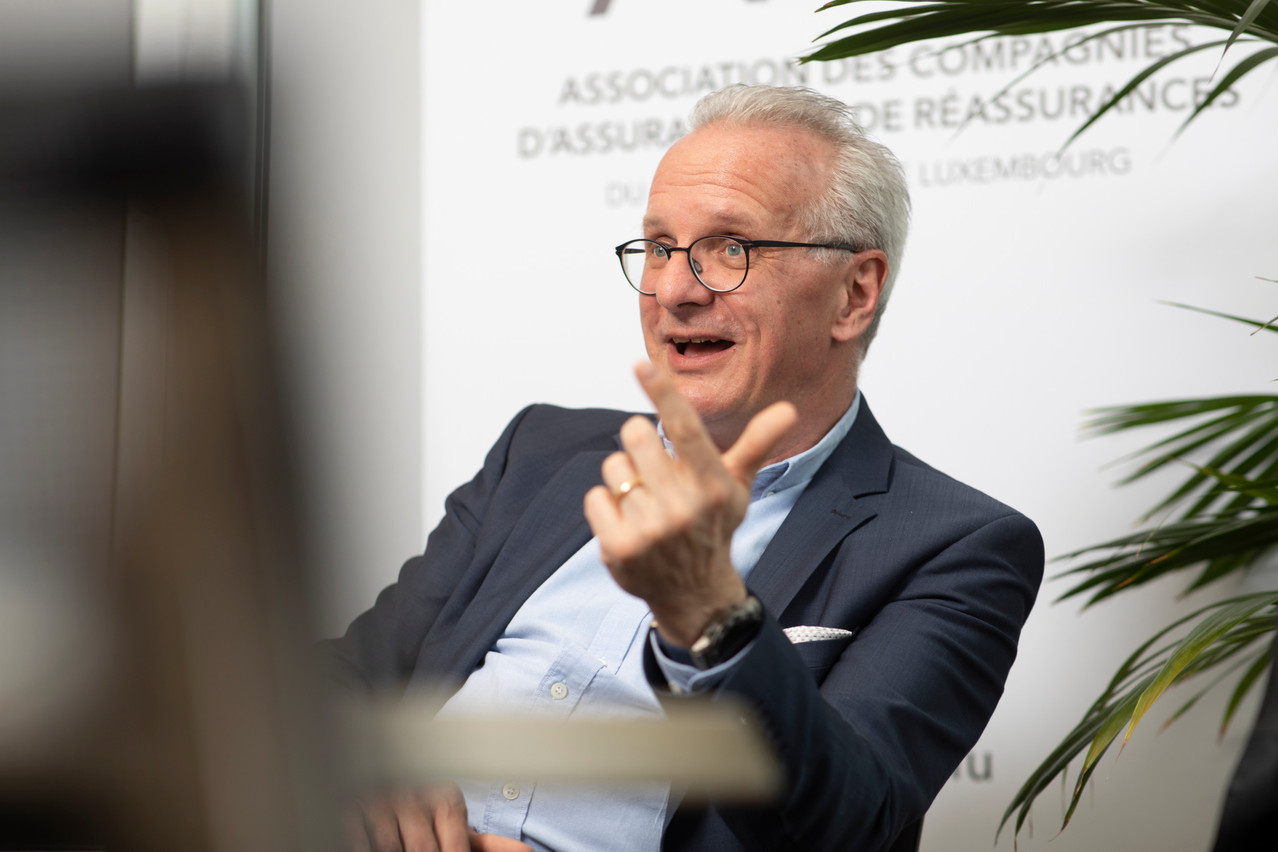“We are trying to find solutions to the risk encountered by our clients,” said CEO at Foyer, during an interview at the company’s headquarters in Leudelage, after being questioned on whether Foyer refuses to insure against certain risks in Luxembourg.
It is up to every single insurer to cover or not, the risk of terrorism.
Lauer explained the basic business model of an insurer: “Mutualisation works only when many people pay small premium so that few people are getting indemnified for large losses. In the case of war or an atomic catastrophe, the equation does not work anymore.”
“We are not insuring atomic risk.” Should a tragedy happen at the nuclear plant Cattenom in France across the Luxembourg border, “it is likely that all the clients would be impacted, Foyer as well. Nobody would be there to be indemnified, nor anyone to pay for the damages,” said Lauer.
War, terrorism and cyber war
Lauer is not aware of any insurer covering the risk of war. He opined that risk of war is excluded as no rules apply anymore as observed in eastern Ukraine or Gaza.
“It is up to every single insurer to cover, or not, the risk of terrorism,” said Lauer. “For a long time, we could not imagine that an act of terrorism could be committed in Luxembourg.”
Lauer noted the decision by authorities in France and Belgium to raise the risk of terrorism to maximum level. “We are far from the maximum [level] in Luxembourg,” he stated last Thursday. Yet, he is concerned that the European institutions may be attractive and symbolic targets as the Twin Towers were in the US in 2001.
Terrorist attacks are more varied and more difficult to model than natural catastrophes, where insurers are continuously gaining experience. He commented that physical and emotional damages are more prominent than material losses.
As a relatively new risk, Lauer considers cyber risk to be “well managed,” before backtracking and saying it was “managed” by large companies. It is much less so by small firms and “completely underestimated by individual clients.”
Have you felt the earth moving?
“The question is not so much where they will take place, but what will be their intensity,” said Lauer. Luckily for Luxembourg, the country is not in a zone with great earthquake risk.
He takes comfort in the strength of the construction in Luxembourg. “Everything is built in concrete or stone, making the buildings not sensitive to small earthquakes,” Lauer said confidently.

